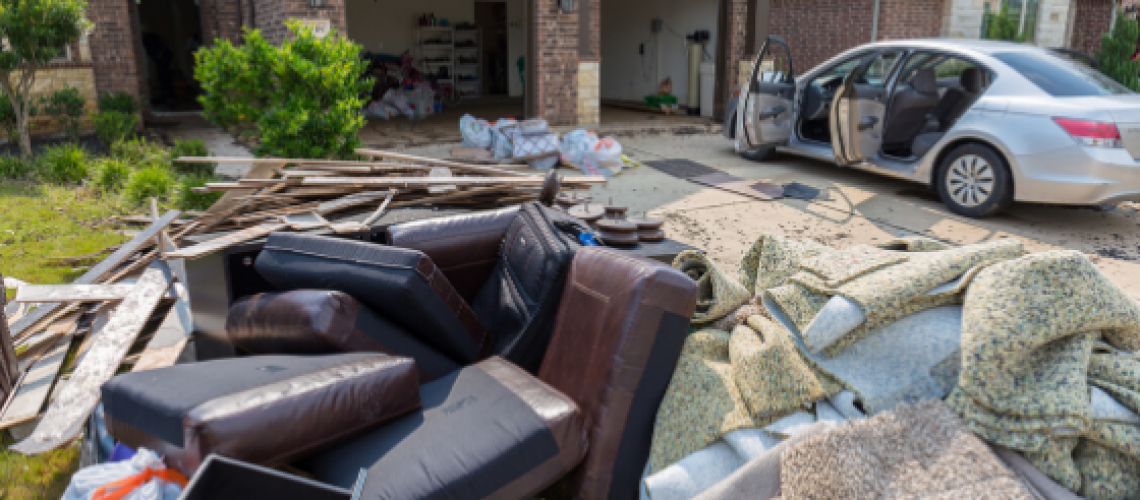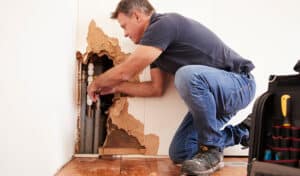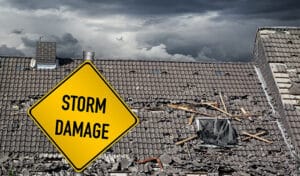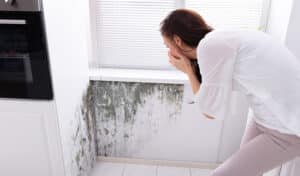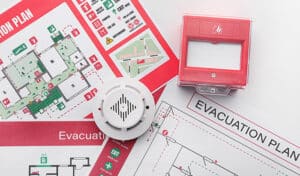If a sudden flood has recently impacted you or a loved one, you know how traumatic, stressful, and expensive the disaster is. Not only is dealing with an unforgiving flood difficult to navigate through as it’s happening, but the aftermath of a flood is equally as distressing. Don’t underestimate a flood—even if it appears to be a minor one. Walking through water will be the least of your worries, and you should take note of any ailments you feel as a result of a flood.
Floods can lead to a multitude of health problems, even if the water has been flushed out of your home. Take action as soon as you notice a flood breaking out for the safety of your family and your own well-being.
Document Damage
Your initial reaction to a flood will be to clean up the water straight away—don’t do this. Before you begin your cleaning and restoration efforts, you must take pictures of the flood and the subsequent damage it caused to your property. Aside from taking pictures, it’s equally as important to document damages by writing them down on either a notepad or your cellphone. Photographic proof and written observations will help you when the time comes to make claims to your insurance.
After you’ve documented the proof, you’ll need to report the flood damages to your home insurance company. Based on the evidence that you provide, you may be able to get your valuable items replaced or have restoration experts help clean your home.
Don’t Wait Until It’s Too Late
After your house floods, be aware that you’re in a race against growing mold and multiplying bacteria. Mold and bacteria thrive in damp environments, and they can make you severely ill. People who live with allergies or asthma are especially at risk, as mold can worsen breathing problems. Even if you’re relatively healthy, exposing yourself to high levels of mold will weaken your immune system. Look out for the following symptoms if you’ve been walking through mold-infested rooms:
Wheezing
Shortness of breath
Sore throats
Flu-like aches and pains
Fatigue
Bacteria will cause problems if your house was also infiltrated by sewage, which can lead to gastrointestinal and skin infections. Control these hazardous pathogens before they take control of you. The National Center for Healthy Housing states that you have less than two days to act after a flood.
Safety First
Flood damage to floors will eventually lead to structural issues within the foundation of your home. Remove as much water as you possibly can once the flooding has stopped. The majority of the furniture that has been impacted by a flood will have to be thrown out. Even if your furniture looks like it’s unscathed, it’s best if you replace it with new pieces. Do you want to keep around furniture that’s harboring an infinite amount of microscopic mold spores?
Don’t attempt to restore your home on your own after a flood. Fuse boxes and other electrical circuitry may be submerged; cleaning your house isn’t worth risking your life over. RestoreMasters is equipped to handle water damage to prevent more significant problems down the road. Contact us today.

